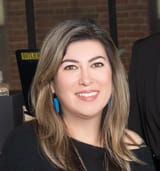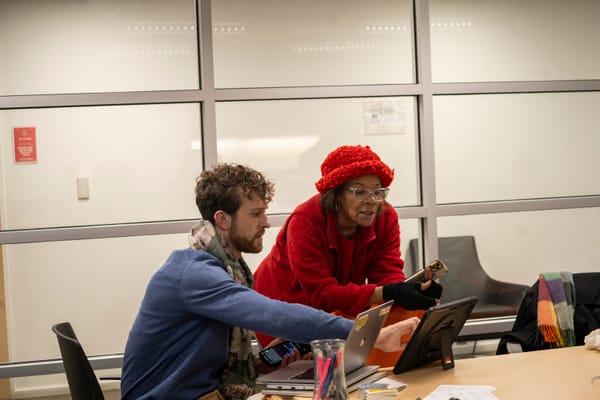Would money make you act differently?

One of my closest friends, Kate, is a financial advisor. She's very good at her job without accepting her industry's conventional wisdom that more money is the goal. Instead, she's all about wealth re-distribution.
She recently had me try out an exercise she uses with her clients and on herself every so often. I'm going to pass it along because it came to mind after finishing Ben Smith's book, Traffic. It's the dishy origin story of the attention economy and a play-by-play of the shifting fortunes of Gawker, HuffPost, BuzzFeed, Breitbart, and a smaller constellation of media start-ups. Worth the read, even if I now need a palate cleanser.
The early architects of these sites seemed remarkably unencumbered by a sense of purpose outside their own personal accumulation of power, money, or both. These sites weren't really about informing, or connecting, or helping. We go through 17 chapters before we get to the one titled “news.” This story is about the ambition of some (mostly) men who were news-curious.
The lack of guardrails (doxxing, weenie pics, lifting other's content for free and over-indexing on emotion were part of most playbooks) in the name of growth did accelerate innovation in that early ecosystem. It's also how we ended up with an internet that feels so bad so much of the time. A profitable business can provide cover for plenty of bad decisions.
Back to Kate. Here's the exercise, which life coach George Kinder may have originated. Use these prompts to think about your life as a whole, or just about your work. The pursuit of financial stability is a strong incentive. What can we learn in a thought exercise where money is not a scarce resource, but time is?
- If you are financially secure now and will be in the future, how would you live your life? Imagine what you would do and what that life would look like if you didn't worry about money.
- Now, imagine you learn that you'll drop dead sometime in the next 5 to 10 years. You'll have no notice, and you can't change this outcome. You don't have unlimited funds, so how will you live the rest of your life? What will your priorities be? What will life look like?
- Ok, bad news. You have 24 hours to live. You spend some of this time looking back on your time on this planet. What will you be sorry that you did not have more time to do? What did you not get to do?
What did you learn? Anything surprising? I'm happy to be spending some of my precious time and resources trying to learn and problem solve. Because the people I care most about in this world, who I would spend every minute of my last 24 hours with, deserve a better one.
I'll post a full review of Traffic in the reading post by next week (“the dress” gets its own chapter, and it's a doozy).




